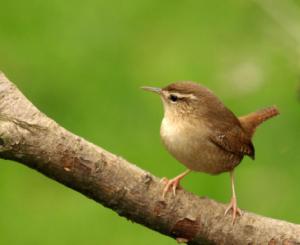The fantastic website www.livefortheoutdoors.com has been a source of inspiration to us for many years. It is responsible for many of our wild camping exploits (although they are careful not to encourage it!) and is the encyclopaedic online presence for magazine titles ‘Trail’ and ‘Country Walking’. It was lovely to read this morning that they have posted a little review of Skimming Stones and Other Ways of Being in the Wild:
It somehow manages to say something about nature that the rest of us can’t. Yes, there is a practical side to it, but there’s also a philosophical message that comes through as well. A great book for anyone who loves nature and wants to get more in touch with the great outdoors.
March is a phoenomenal time to wander outside into any of the rural spaces that exist around us and I urge everyone to take advantage of the brighter mornings and longer evenings. You don’t need to plan trips to our stunning fells or sweeping coastline; in parks and gardens and any rough scrap of land with vegetation and trees, we find nature stretching its limbs after the long sleep of winter; the bursting forth of green leaves and fleshy, furry buds. Slow down. Stop, look and listen.
 Birdsong becomes a powerful and peaceful morning wake-up call through our bedroom curtains even in towns and cities as winter migrants return from international tours and battle it our for territory. It’s nature’s X-Factor, only far more impressive and tuneful – the humble wren sings a song that contains 740 different notes per minute and which can be heard more than 500 metres away. All too often we take such things for granted, yet they are enchanting to stand and listen to. Learning to identify the differences between birds is rewarding work; birdsong has been proven to improve our mood and enhance cognitive abilities.
Birdsong becomes a powerful and peaceful morning wake-up call through our bedroom curtains even in towns and cities as winter migrants return from international tours and battle it our for territory. It’s nature’s X-Factor, only far more impressive and tuneful – the humble wren sings a song that contains 740 different notes per minute and which can be heard more than 500 metres away. All too often we take such things for granted, yet they are enchanting to stand and listen to. Learning to identify the differences between birds is rewarding work; birdsong has been proven to improve our mood and enhance cognitive abilities.
We should learn to value the fringes of our towns and cities where such wonders take place, the forgotten lanes and stands of trees, the scrappy rough ground behind the buildings, the places were urban and rural meet. These are hidden worlds filled with nature, playgrounds for young people and places to just be. But they are also the places at risk if the current planning legislation is passed. For my thoughts on the matter, you can read my guest blog for the National Trust. I believe we must protect and celebrate such spaces, improve our access to them and ensure that nature has a free hand to flourish. We should all live a little more for the outdoors.
– Rob –

